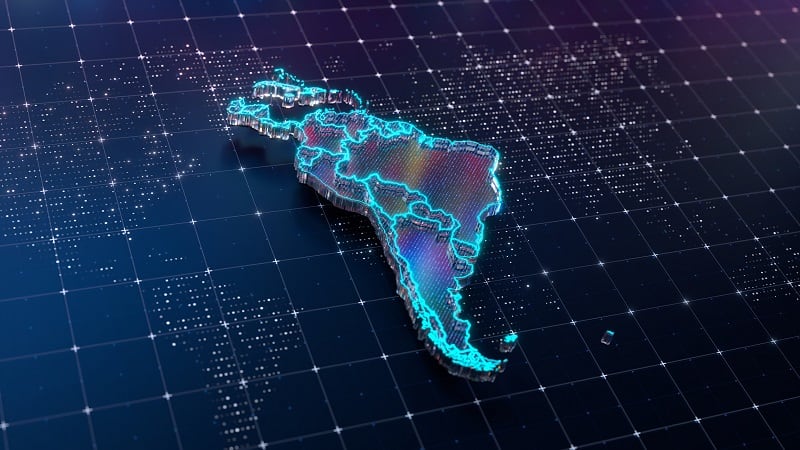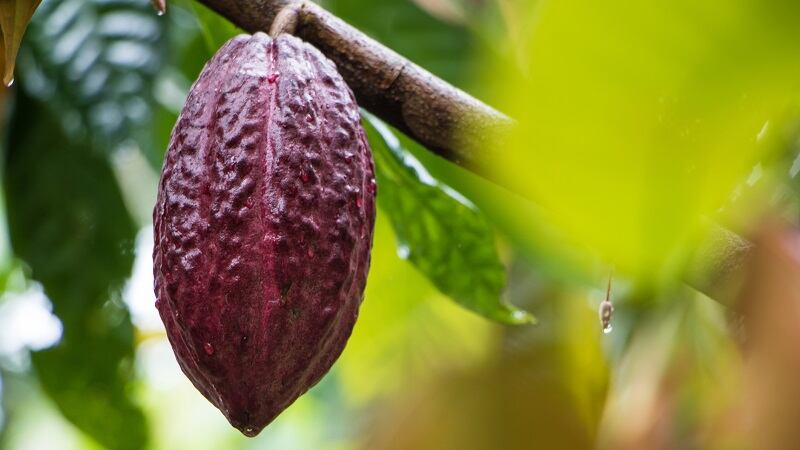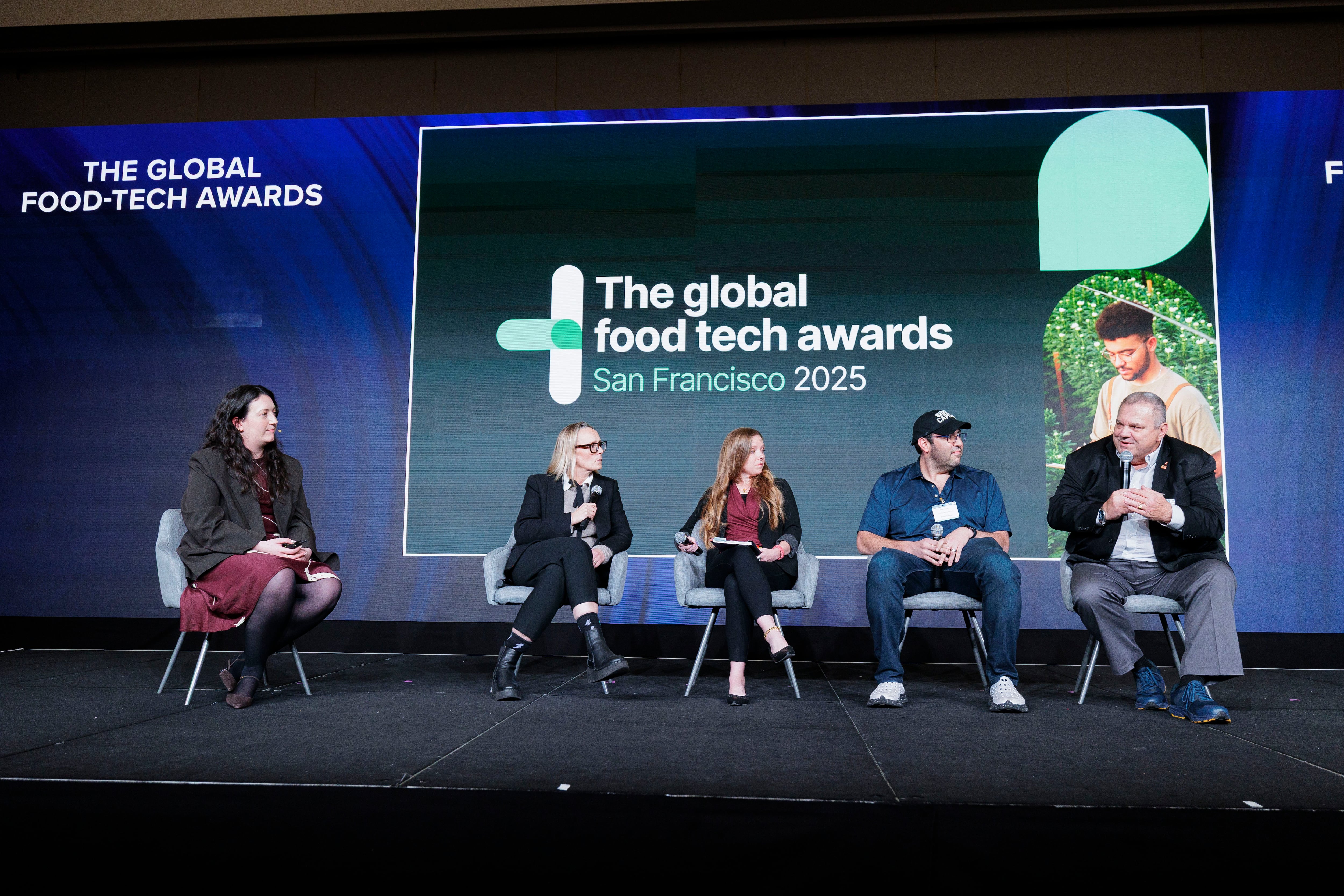Latin America is no stranger to food tech innovation, as startups like Upcycling Solutions, Future Biome, Kresko RNAtech and countless others are solving industry-wide problems with AI and biotech.
“The food tech landscape in Latin America is experiencing a pivotal transformation. What was once considered a peripheral player is now becoming an increasingly relevant ecosystem — fueled by the region’s exceptional biodiversity, deep agricultural roots and a new wave of science-driven, impact-focused entrepreneurs," Carla Borini Etichetti, co-founder and CTO at Kresko RNAtech.
“While still smaller in scale compared to ecosystems like the US or Europe, the region is gaining momentum, especially in segments such as biotech for food applications, precision fermentation and sustainable packaging. Investor appetite is growing, particularly among funds looking for high-potential innovation at early stages, where valuations are still reasonable and the potential for differentiation is high,” Borini explained.
Kresko RNAtech uses AI to find RNAs
Launched in Buenos Aires in 2021, Kresko RNAtech developed Serkanto-AI to discover ribonucleic acids (RNAs) that are beneficial to human health, Borini explained.
Kresko RNAtech feeds proprietary and public data into an AI model to predict where native RNAs exist in the supply chain and how they impact human cells, she added.
Kresko RNAtech developed 50 proof-of-concept ingredients and has taken the process of discovering ingredients from two years to two months, Borini noted.
DormoRNA is ”our proprietary blend of 15 dietary RNAs extracted from fresh milk, designed to improve sleep quality. DormoRNA not only acts as a powerful serotonin booster but also lowers cortisol levels, protects the gut barrier and has been shown in human volunteers to increase the duration of REM sleep, one of the most critical phases for deep and restorative rest,” Borini elaborated.
Upcycling Solutions into food tech space
São Paulo-based Upcycling Solutions is also using AI but to bolster upcycling in Brazil.
Initially launched as a consulting firm in 2022, Upcycling Solutions is educating food companies on repurposing manufacturing byproducts and side steams into finished products and high-value food ingredients, Natasha Pádua, Upcycling Solutions cofounder, explained.
Upcycling Solutions is now taking its expertise in upcycling and creating an AI-based application to help food and beverage companies find and assess the technical and economic feasibility of upcycled products and ingredients, Pádua explained.
Upcycling Solutions works with companies seeking upcycled ingredients and those that have side streams, Pádua added.
“We also have cases in which the company looks for upcycling ingredients for nutritional reasons,” Pádua noted. For instance, a company can use Upcycling Solutions platform to find ingredients within manufacturing side streams that might be high in protein or contain some other nutrient properties, she added.
Bringing upcycling to Brazil
Upcycling Solutions is breaking into the food tech startup space as the Brazilian government is set to enforce new sustainability mandates around solid waste, Pádua explained. Developed in 2010, the Brazilian National Solid Waste Policy sets a goal of recovering 48% of municipal solid waste by 2040.
Despite the demand for recycling, upcycling is not as widely understood in Brazil as it is in the US and the West, Pádua explained.
Portuguese and Spanish do not have a native word for upcycling, so Pádua and her team decided to use upcycling in the name of her company to help spread awareness and partner with like-minded companies in the region.
“When we opened the company, we decided to stay with the English word because it is like ‘internet.’ It is also not a familiar word, but then we learn. We also learn to say ‘Facebook’ or ‘LinkedIn.’ So we said, ‘at a certain point, everybody will just learn to say upcycling,’” Monteiro said.
Future Biome named finalist in Food Tech World Cup
Based in Buenos Aires, biotech company Future Biome launched in 2022 and is producing fiber-rich mushrooms through precision fermentation to improve consumer gut health, company CEO and founder Soledad Gurovic explained.
“It takes a lot of time to prepare food with high content of fiber. It is difficult to get that amount every day. So we are producing low-dose fiber from mushrooms that you only need milligrams to get the health benefits of the fiber,” Gurovic elaborated.
The food tech company is focusing on the US market first given its market size and the clear regulatory framework for approving food ingredients, i.e., the Generally Recognized as Safe (GRAS) process, which is not as clear in LATAM, Gurovic noted.
“With the GRAS assessment, it is a clear process. You know what you have to do. You know more or less how long does it take?” Gurovic said. “The same is happening with Canada. You have a clear pathway.”
FoodNavigator and Future Food-Tech host LATAM event
Learn more about Future Biome, Kresko RNAtech and Upcylcing Solutions at the upcoming Future Food-Tech and FoodNavigator event on June 26 in São Paulo, following the World Agri-Tech’s South America Summit. Learn more about the event and register by visiting the event homepage here.




